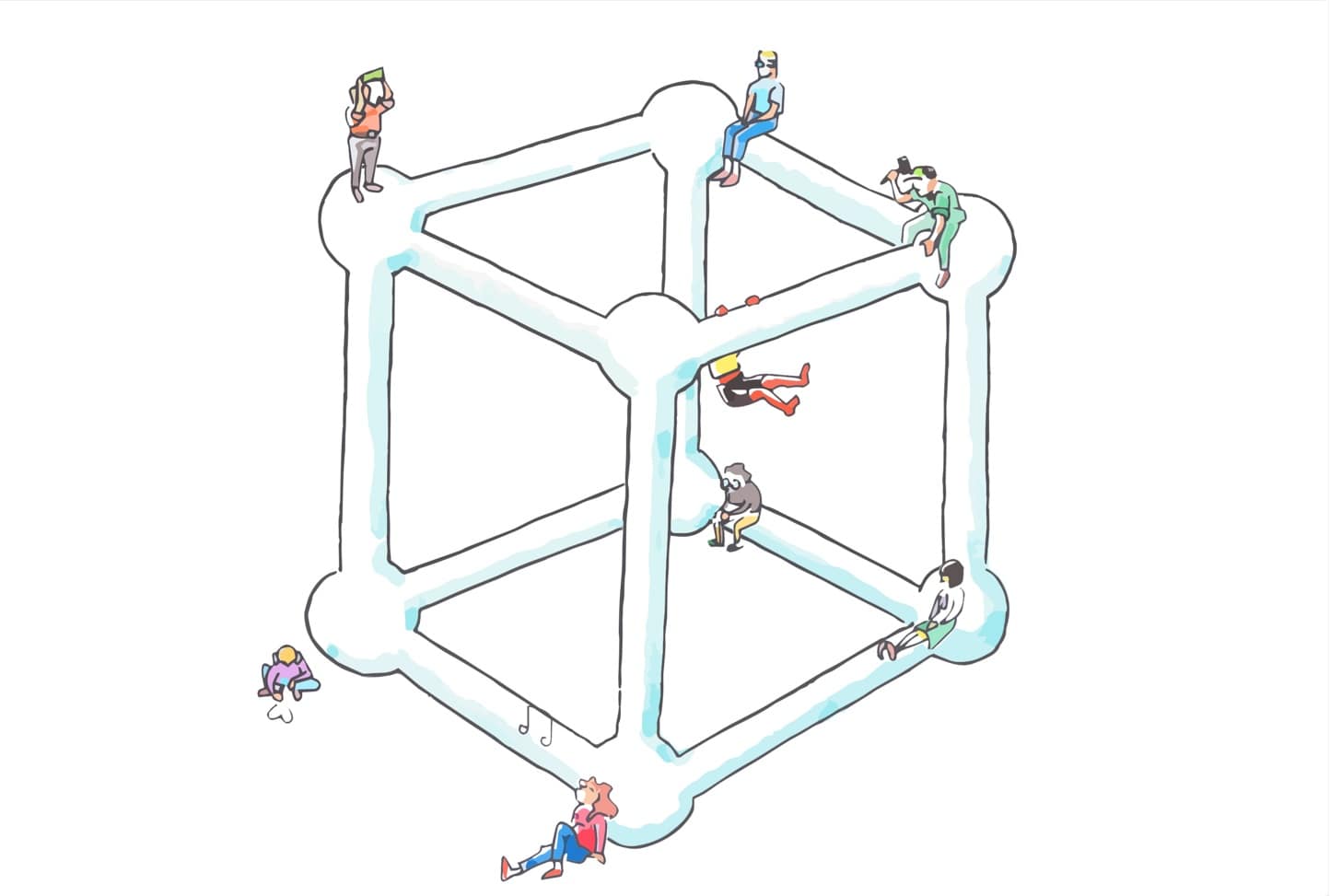Why are you studying psychology, again? The conflicting purposes of higher education
Why are you doing this to yourself? The daily drudgery in the library, the nighttime cramming before exams, and the unbearable and physically impossible expansion of time during lectures can surely make students second-guess their decision to study psychology. So why do you keep coming back? What is it you want? In searching for these answers, you have probably pondered a host of different reasons, ranging from satisfying your curiosity and helping people, to obtaining an academic degree, or boosting your chances to find a job. This broad range of possible reasons mirrors a fundamental tension in the purposes of higher education.
Two views on higher education
On the one hand, you obviously want to learn something. You are here because you are interested in the human mind and human behavior. Also, you might see your student years as a time for personal growth, making friends, enjoying unique experiences, and having fun – and by the end of your studies you will have finally found out who you really are. You are not alone in holding such views. Around two hundred years ago, the Prussian educational reformer Wilhelm von Humboldt famously defined the purpose of higher education as the formation of autonomous, broadly educated individuals, who effortlessly cross disciplinary boundaries by benefiting from unconstrained academic freedom.
A century later, William James, one of the founding fathers of psychology, believed that universities should aid students to create significant lives for themselves by guiding them in their choice of worthy goals and ideals (Crosby, 2011). In a similar vein, Carl Rogers, an influential modernizer of psychotherapy, emphasized the significance of personality development and self-actualization in higher education (Rogers, 1969). In line with Humboldt, James, and Rogers, the educational mission of the RUG is “to help students develop into independent, critically thinking and responsible people who think and act at an academic level” (University of Groningen educational vision 2012-2015). Thus, part of what you have to do to at university is to find out who you are and become a competent and responsible citizen.
On the other hand, studying is not all about yourself and the lofty ideals of some dead thinkers. Neither is it advisable to only study what you want all the time nor does being a responsible citizen pay the rent. Soon you will compete with your fellow students for the same jobs and you better be one step ahead of them. In other words, your academic freedom is limited and you sure need to be prepared for a highly competitive job-market. So another purpose of higher education is to provide you with marketable skills. Accordingly, it makes perfect sense for governments to encourage ties between industry and academia because – on a larger scale – your education is merely a means for economic growth and societal welfare. Thus, all the university has to do is turn you into a highly skilled, competitive laborer in a knowledge-based economy.
So what about you?
What about you? Are you seeking self-fulfillment and highbrow knowledge or a secure, high-paying job – or possibly both? Obviously the purposes of higher education and possibly your reasons for studying psychology are multifaceted – and at times conflicting. Your answer to the above question probably reflects the trade-off between liberal education (personality development, academic freedom, and the pursuit of humanistic ideals) and vocational education (employability, goal-directed curricula, and the pursuit of economic gains). This conflict has busied educators, politicians, academics, and students for a long time and is far from being resolved.
Moreover, higher education is in constant transformation, always adapting to the socio-political challenges of the day. The student uprisings in the 1960s, the advent of mass university education in the 1970s, and the standardization of curricula as a result of the Bologna reform are just a few important events in the 20th century. Recently, there has been a push in many Western countries towards designing academia according to economic needs (Collini, 2013). While critics contend that academic values are being sold to the interests of greedy moneymakers and that our cultural heritage is in jeopardy, champions of this development stress the social and economic benefits of close collaborations between the creators of knowledge and the creators of wealth.
So why are you studying psychology again? In light of recent political developments and the long-standing debate on the purposes of higher education, your answer to this question is less personal than you might have thought. Rather it reflects a century-old tension between conflicting ideals and is essentially political.
Note about the author
After finishing his PhD research in October 2014, Felix Schirmann stayed in the Theory and History of Psychology group for research on the purpose of higher education until the end of 2014. His PhD dissertation was recently awarded the Erasmus Prize of the Praemium Easmianum Foundation. Felix Schirmann currently lives in Berlin.
References
Collini, S. (2013). Sold out. London Review of Books, 35(20), 3-12.
Crosby, P. C. (2011). Making a life significant: William James on higher education and civic responsibilty. William James Studies, 7, 20-35.
Rogers, C. R. (1969). Freedom to learn: A view of what education might become. Columbus, OH: Merrill Publishing Comp.
University of Groningen educational vision 2012-2015 (PDF).
Copyright note
The photograph is provided by S. Hofschlaeger / pixelio.de



